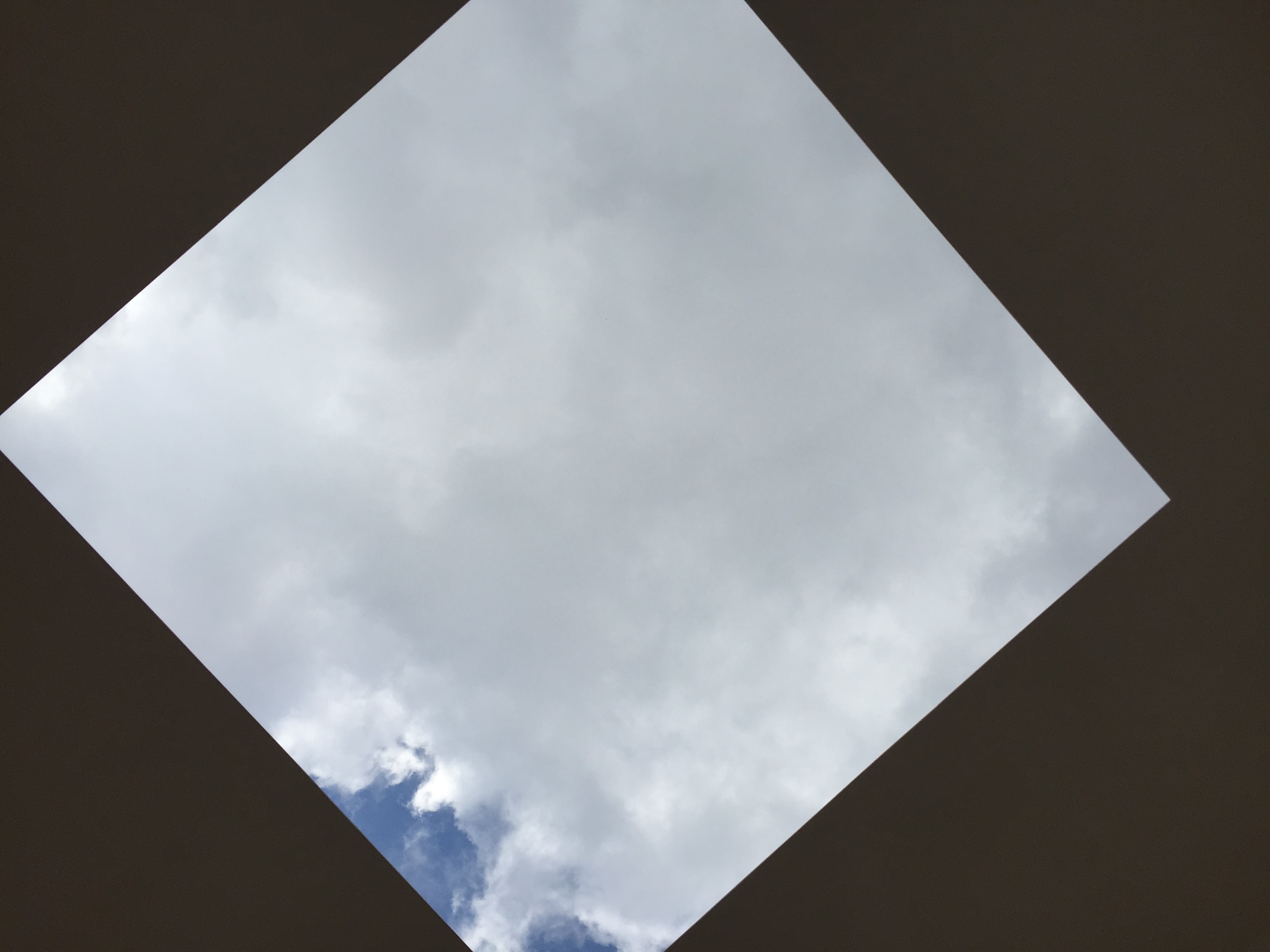Today, while zigzagging across Atlanta, I had a chance to listen to another episode of Jack Kornfield’s “Heart Wisdom” podcast. Again, I found something there that resonated.

Jack told an old story about a time when his friend, Ram Dass, was experiencing intense doubt. In that moment, Ram Dass’s teacher quietly circled him, looking at him closely. After a few minutes, his teacher said, “I see no imperfections.”
“I see no imperfections.”
That phrase struck me. As I type now, I realize that I’ve lived a good chunk of my life living by a different mantra or belief. The belief that there is no such thing as perfection. At least in the way that many people seem to think of it. In my mind, I’ve abandoned the idea of perfection and tried to replace it with deep appreciation for what is, especially when “what is” is good, in the deepest sense of the word. I’ve lived by the belief that perfection is somehow antithetical to being human. To be human is to be imperfect. Imperfection is what makes life beautiful, meaningful, unique, and interesting. Imperfection is part of what evokes in us the striving that pushes us forward.
To me, “I see no imperfections” is a radically different way of expressing a similar sentiment. And perhaps it’s a more useful, or differently useful way of thinking about what it means to be alive.
What if we were to look in the mirror each day and say, “I see no imperfections.” Not because we aren’t really looking, but because we are really looking. To do so would be to affirm that the present moment, as it is, has a kind of perfection to it. Not because it’s achieved some type of subjective perfection, but because it IS. What if perfection is achieved simply by being? Is it possible to look in the mirror in this way? Maybe it’s possible on a personal level, and when things are good, but what about beyond that?
What if we were to look at our neighbors, our fellow citizens, our world, and say, “I see no imperfections.” Not because everything is “perfect,” but because everything is as it is and therefore has an undeniable reality and wholeness to it. Maybe.
But what about the horrors of life? What about the senseless and random suffering? Can any of us, should any of us, look at that and say, “I see no imperfections”? While I recoil at the thought of casting such a seemingly indifferent and empathy-free eye at the world, a part of me, at least intellectually, can go there. I think I can look toward suffering and say, “I see no imperfections.” I think I can say this not because I’m happy about it, but because I am able to honor and acknowledge that it is. I can continue to reject and fight against the reality of suffering but also acknowledge that it is present, real, whole and therefore, somehow perfect, if only for a perishable instant.
Coming back to the story about Ram Dass. I think his teacher was telling him that who he was, as he was, was a kind of perfection. That his being was perfection in and of itself. Brokenness, suffering, doubt, desire, all of it, to the extent that it IS, is transformed for us when we look, see, and purposefully say, “I see no imperfections.”